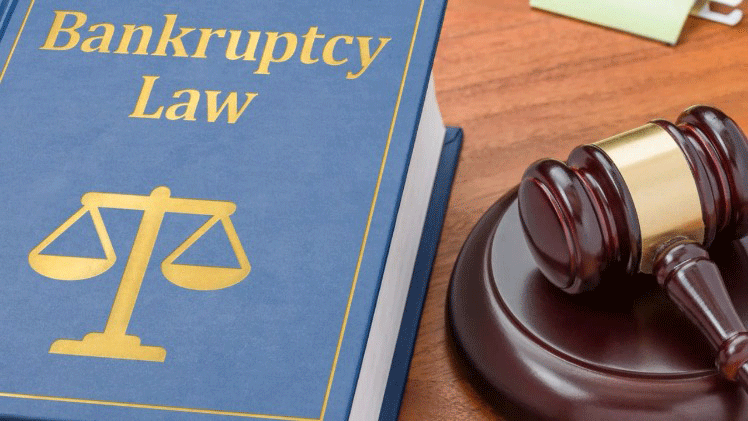To qualify for relief under Chapter 7 of the Bankruptcy Code, the debtor may be an individual, a partnership, or a corporation or other business entity. 11 U.S.C. § 101(41) & 11 U.S.C. § 109(b). According to attorney Robert Schaller, bankruptcy relief is available under Chapter 7 regardless of the amount of the debtor’s debts or whether the debtor is solvent or insolvent.
No individual may be a debtor under Chapter 7 or any chapter of the Bankruptcy Code unless he/she has, within 180 days before filing, received credit counseling from an approved credit counseling agency either in an individual or group briefing. 11 U.S.C. § 109 & 11 U.S.C. § 111. There are exceptions in emergency situations or where the U.S. Trustee (or bankruptcy administrator) has determined that there are insufficient approved agencies to provide the required counseling. If a debt management plan is developed during the required credit counseling, it must be filed with the court.
An individual cannot file under Chapter 7 or any other chapter, if during the preceding 180 days a prior bankruptcy petition was dismissed due to the debtor’s willful failure to appear before a bankruptcy court or comply with court orders, or the debtor voluntarily dismissed the previous case after any creditor sought relief from the bankruptcy court to recover property upon which it holds a lien. 11 U.S.C. § 109(g) & 11 U.S.C. § 362(d) and (e).
A bankruptcy court could dismiss a Chapter 7 case filed by an individual whose debts are primarily consumer debts if the court finds that the granting of relief would be an abuse of the bankruptcy laws. 11 U.S.C. § 707(b). However, what is considered abusive? The Bankruptcy Code applies a “means test” to determine whether a Chapter 7 filing is presumptively abusive when the debtor’s “current monthly income” is more than the state median. Attorney Robert Schaller believes abuse is presumed if the debtor’s aggregate current monthly income over 5 years, net of certain statutorily allowed expenses, is more than the lesser of (i) $10,000, or (ii) 25% of the debtor’s nonpriority unsecured debt, or $6,000, whichever is greater. 11 U.S.C. § 707(b). The debtor may rebut a presumption of abuse only by a showing of special circumstances that justify additional expenses or adjustments of current monthly income. Unless the debtor overcomes the presumption of abuse, the case would generally be converted to Chapter 13 (with the debtor’s consent) or would be dismissed (if the debtor withholds consent). See 11 U.S.C. § 707(b). The Chapter 7 case also can be dismissed if the schedules and statements required by 11 U.S.C. § 521 are not timely filed. 11 U.S.C. §707(a)(3). The filing deadline can be extended for cause upon a motion filed prior to the deadline. To avoid dismissal, best practices suggest a debtor file a motion to extend time to file the schedules and statements pursuant to 11 U.S.C. § 521(i)(3) and Bankruptcy Rule 1007(c) when the debtor needs more time to complete the schedules and/or statements.

